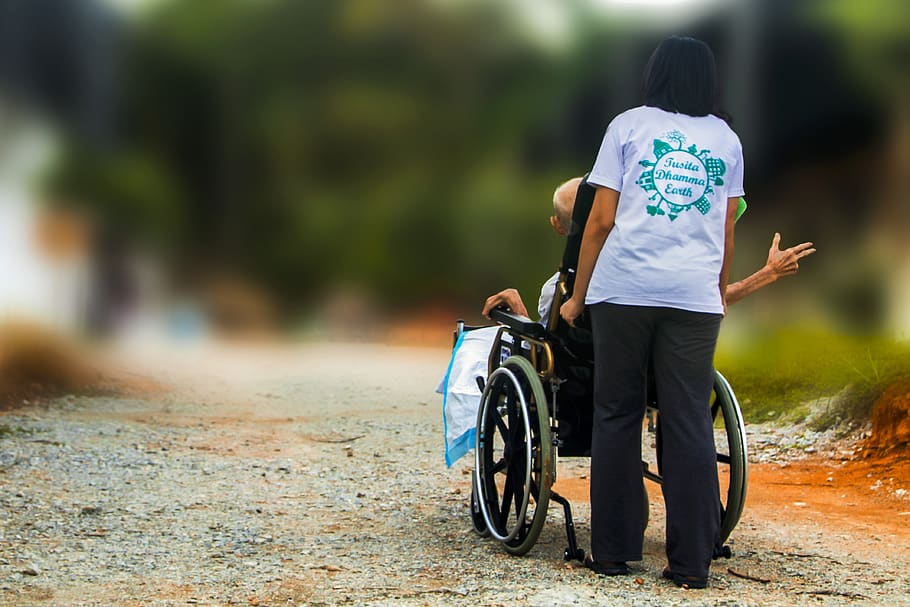Older people are more affected by cold weather than younger people. When winter bugs strike they can have a devastating effect especially on a compromised immune system. Colds, flu, norovirus and pneumonia are all more prevalent in the colder months and when you factor in the gloomy darker nights and colder mornings the effect on health can be serious.
It is vital, then that those involved in home care services take the appropriate steps to prepare their elderly patient for the winter months.
Protecting Elderly Health
As we get older, the immune system, which helps to fight off infection, doesn’t work as well and this leaves us prone to any passing winter bug going. During the winter months elderly patients make up the majority of flu cases which have to be treated in hospital. This is why it’s important to ensure your patient, even if they receive care in their own home and don’t often get out, gets their free flu and pneumonia jabs from their GP or local pharmacy in plenty of time to avoid being laid low by illness. Over 65s are entitled to free vaccinations and are strongly advised to take up this offer and take advantage of the flu jab’s immune-boosting compounds.
Carers should ensure that the medicine cupboard is fully stocked with medicines for colds, headaches and sore throats along with any other special medications required.
And the other simple most important thing is to ensure that everyone in the household washes their hands frequently throughout the day. This is the single most effective way of stopping the spread of germs and viruses. If any friends or visitors declare themselves sick carers should advise them to avoid visiting the elderly patient until they’re well again to avoid passing on any infection.
Effects of Winter Weather on Older People
Older people feel the cold more than they used to and can find it harder to stay warm. During the winter months turn the central heating thermostat up to around 64-70°F (17-18°C) to keep the home at a steady temperature. Wearing layers of clothing is better than just one thick sweater as layers help to trap warm air. When going outside elderly people should be encouraged to wrap up warm with a hat, gloves and scarf to keep extremities warm and aid breathing in warmed air which will minimise chest infections.
Colder air affects the heart and circulatory system and as the body works harder to keep warm this causes the blood pressure to increase which leads to increased risk of stroke and heart attack.
Helping the Elderly Through Winter
After the age of 55 muscle mass declines by around 1% each year which can lead to reduced mobility and affect the ability to keep warm.
To help combat this you can keep moving by simply getting up and walking around or getting busy every hour or so. Even while sitting you can move arms and legs to keep circulation going and muscles working.
Eating well, at least one hot meal a day with healthy fruit and vegetables and plenty of warm drinks will ward off the worst of the cold weather.
